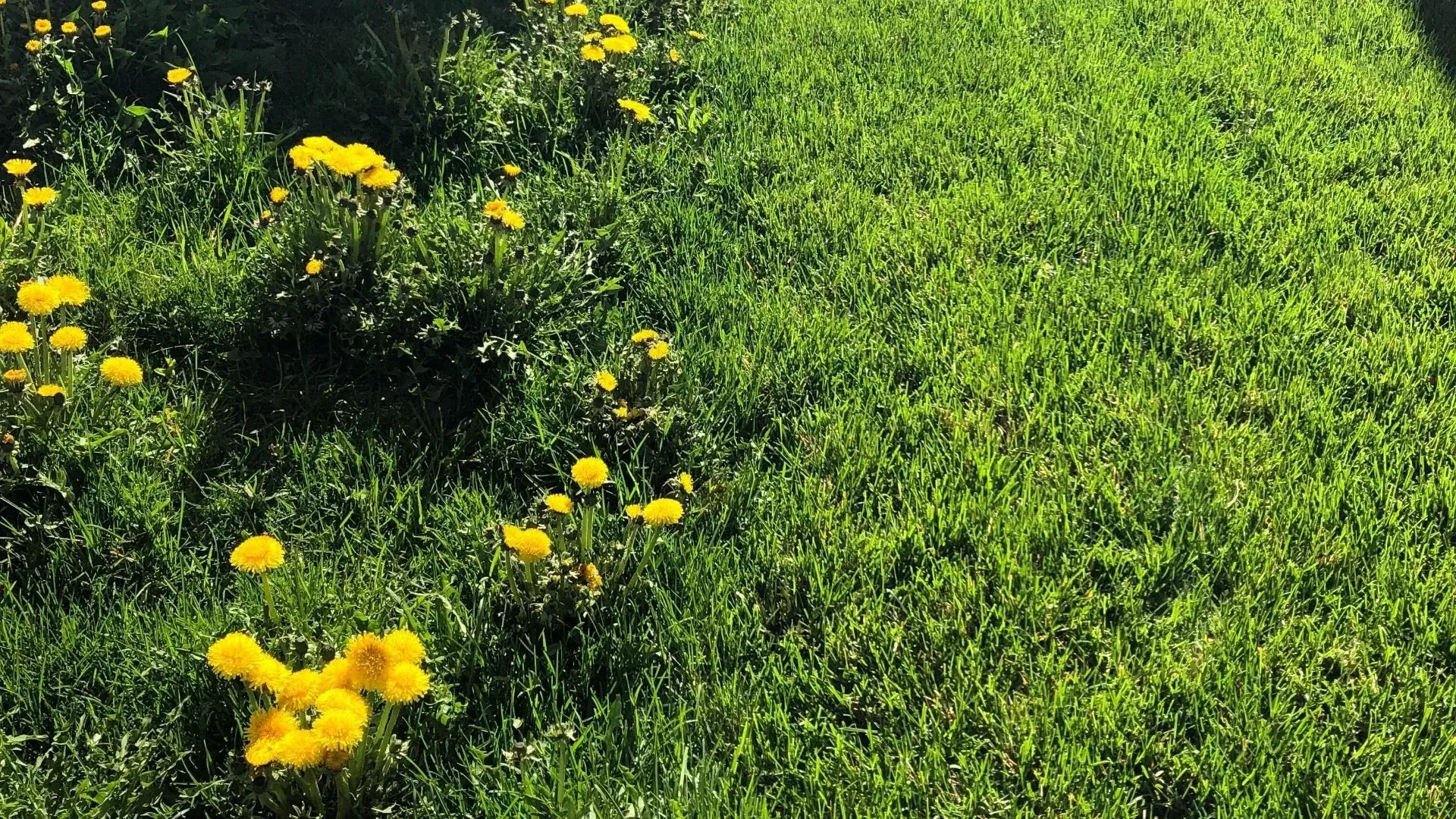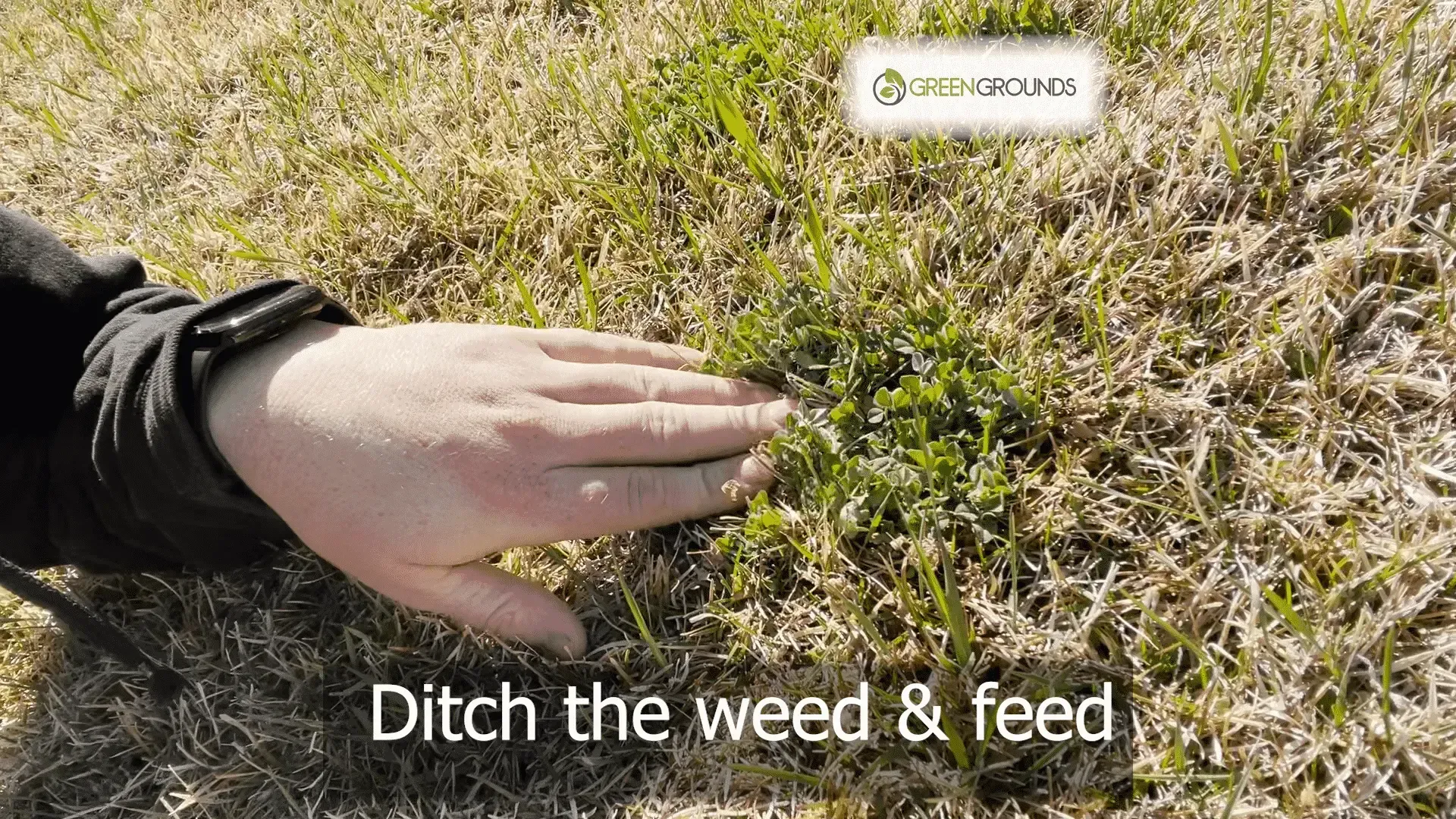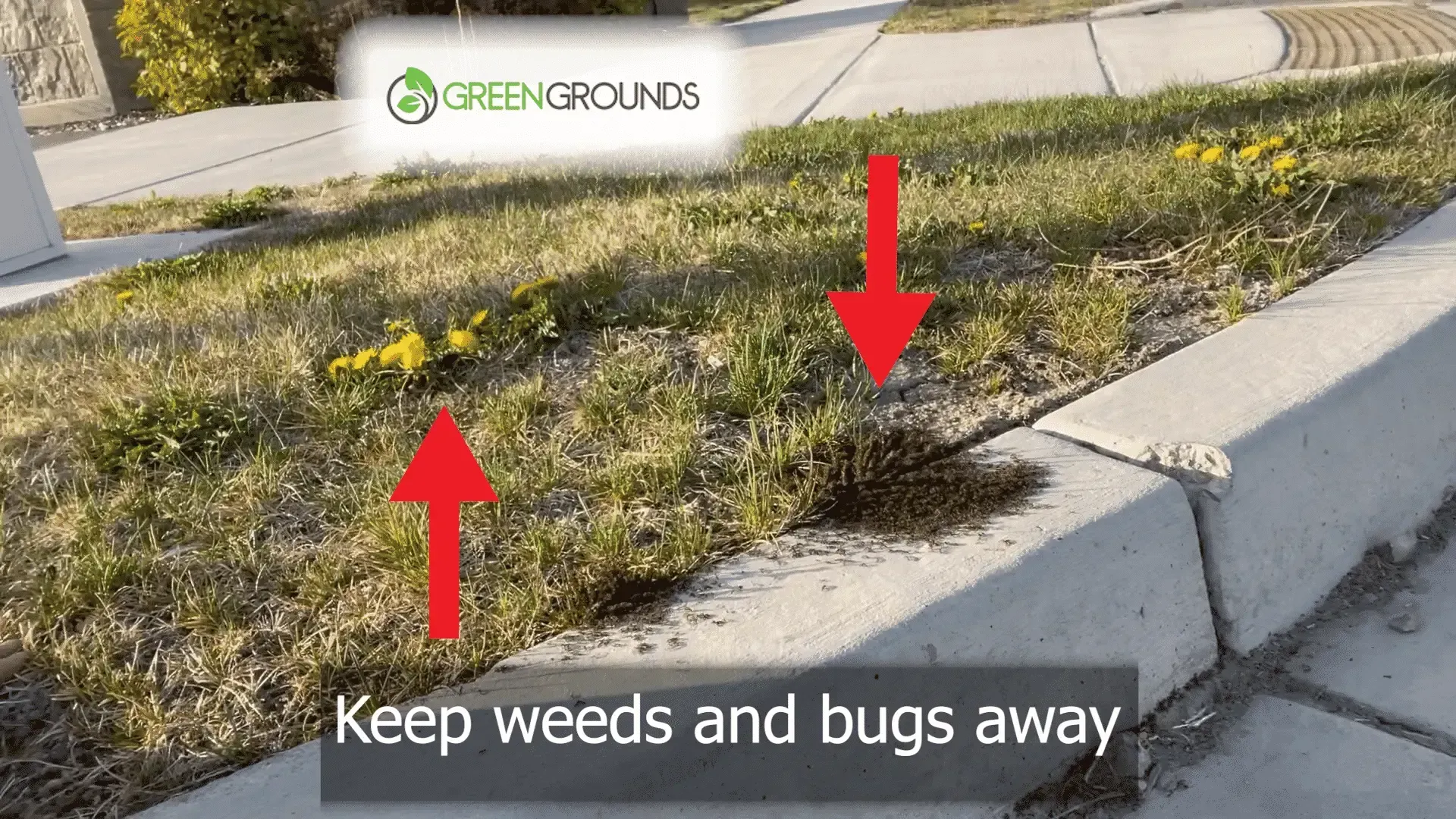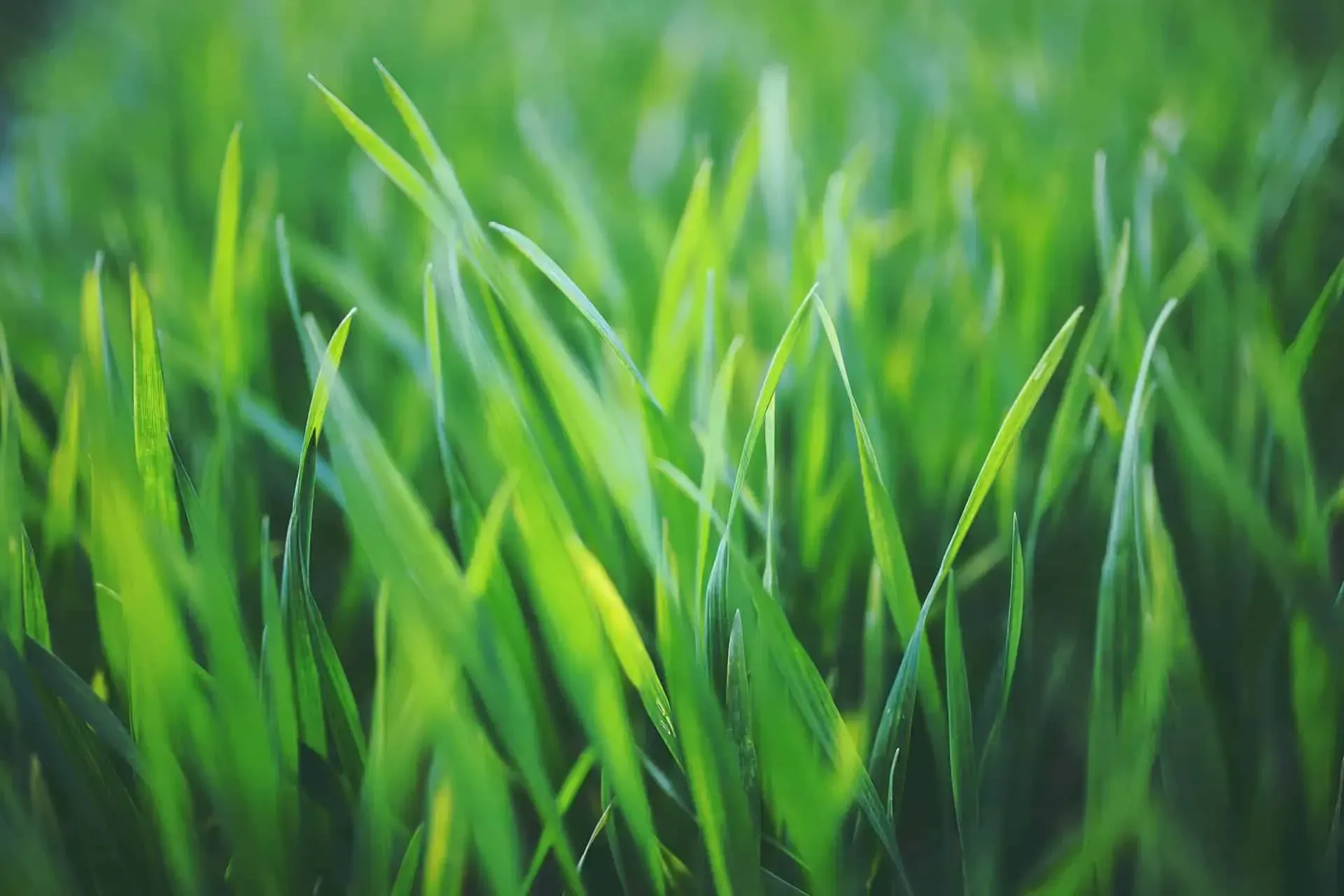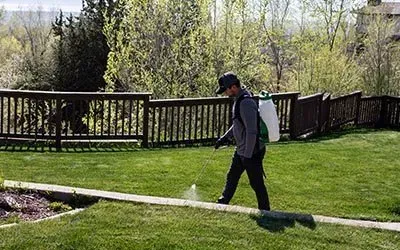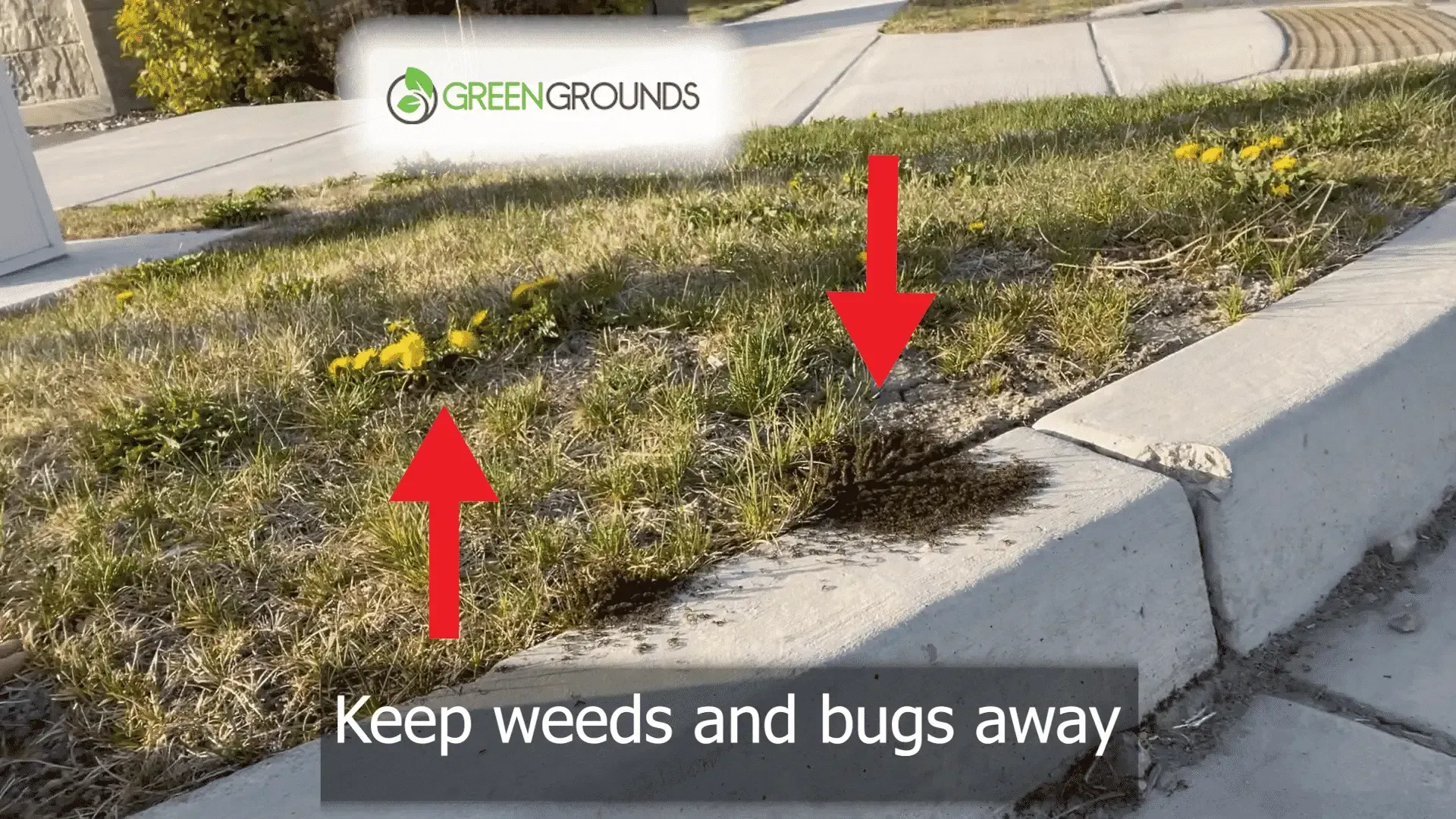Manure for Lawn: Enhancing Your Utah Lawn Naturally
Utilizing manure for lawn care has been a time-honored practice, revered for its natural fertilizing properties.
In Utah, where soil conditions and climate can vary, using manure as a lawn fertilizer offers numerous benefits.
This article explores how to effectively use different types of manure, such as chicken and horse manure, in Utah lawns, and the role of a manure spreader in this process.
Benefits of Using Manure in Lawn Care
Nutrient-Rich Fertilization
Natural Fertilizer: Manure is a potent source of nutrients, including nitrogen, phosphorus, and potassium, essential for healthy lawn growth.
Soil Conditioner: It improves soil structure, enhances water retention, and fosters beneficial microbial activity.
Environmentally Friendly
Sustainable Option: Using manure reduces reliance on chemical fertilizers and is a step towards eco-friendly lawn care practices.
Types of Manure for Lawn
Chicken Manure for Lawn
High Nutrient Content: Rich in nitrogen, making it excellent for promoting lush, green growth.
Considerations: It should be well-composted to avoid burning the grass due to high nitrogen levels.
Horse Manure for Lawn
Balanced Nutrients: Generally less concentrated than chicken manure, making it a gentler option.
Weed Seeds: Horse manure may contain weed seeds, so it’s crucial to use well-composted and aged manure.
Using a Manure Spreader for Lawn
Even Application: A manure spreader ensures an even distribution of manure across the lawn, which is crucial for uniform growth and preventing nutrient burn spots.
Types of Spreaders: Various spreaders are available, from simple manual models to more complex mechanized versions, depending on lawn size and the gardener’s preference.
Application Tips for Utah Lawns Timing and Frequency
Best Time to Apply: Early spring or fall are ideal times for manure application in Utah, coinciding with the lawn’s natural growth cycles.
Frequency: Annually or biannually, depending on the lawn’s nutrient requirements and the type of manure used.
Method
Composting: Ensure manure is well-composted to reduce odor and facilitate easier spreading.
Quantity: Apply a thin layer, about ¼ to ½ inch thick, to avoid overwhelming the grass with nutrients.
Safety and Environmental Considerations
Pathogens: Use only well-composted manure to minimize the risk of pathogens.
Runoff Prevention: Be mindful of water sources and avoid over-application to prevent nutrient runoff into water bodies.
Drawbacks of Using Manure on Your Lawn
Manure can be a valuable natural fertilizer for lawns, but it also comes with several potential drawbacks:
Weed Seeds: Some types of manure, especially if not properly processed, can contain weed seeds. When applied to the lawn, these seeds can germinate and lead to weed problems.
Odor: Fresh manure has a strong, unpleasant odor. This can be a significant issue in residential areas or where outdoor activities are common.
Pathogens: Manure, particularly if not well-composted, can harbor harmful bacteria and pathogens like E. coli and Salmonella. These can pose health risks to humans and pets if they come into contact with the manure or the grass treated with it.
Over-Fertilization: Manure is rich in nutrients, and it’s easy to apply too much. Over-fertilization can lead to excessive grass growth, nutrient runoff, and potential harm to nearby water bodies due to nutrient pollution.
Uneven Application: Manure can be difficult to apply evenly across a lawn, leading to patchy growth or nutrient burn in some areas.
Attracting Pests: The organic matter in manure can attract pests like flies, rodents, and other animals, which can be a nuisance and potentially harm the lawn.
Chemical Residues: In some cases, manure, especially from animals that have been treated with medications or fed with chemically treated feed, can contain residual chemicals that might not be desirable for lawn health.
Time and Labor Intensive: Preparing and applying manure, especially composting it properly, can be more labor-intensive and time-consuming compared to using commercial fertilizers.
Using manure can be beneficial, but can also be challenging. If you don’t want the hassle and possible drawbacks of manure, contact Green Grounds for expert fertilization and lawn care, Incorporating manure for lawn care in Utah can significantly enhance soil health and grass vitality.
Whether using chicken or horse manure, the key is in selecting well-composted material and employing a manure spreader for even application.
By following these guidelines, Utah homeowners can enjoy a lush, environmentally friendly lawn that thrives naturally.
